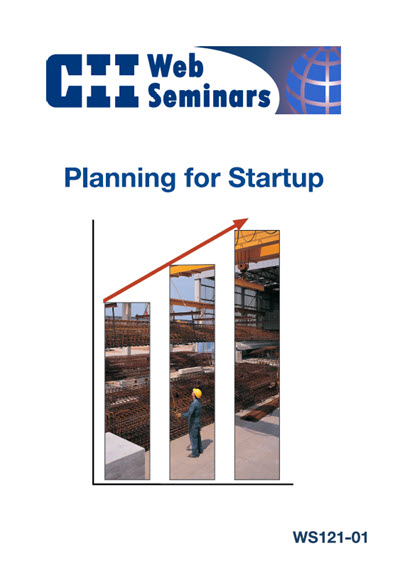
Planning for Startup
CII defines startup as the transitional phase between plant construction completion and commercial operations, including all of the activities that bridge these two phases. Critical steps within startup include system turnover, checkout of systems, commissioning of systems, introduction of feedstock, and performance testing.
Successful project delivery and commercial operation requires a successful startup. Research indicates a reasonably strong correlation between startup success and comprehensive startup planning. This CII Best Practice provides a Startup Planning Model for startup activities through all eight project phases. The CII Startup Planning Model is a sequence of 45 planning activities that begins during Phase 1 – Feasibility, and extends through Phase 8 – Operations, and is facilitated by 26 tools. The approach is not prescriptive; instead the expectation is to identify the planning activities and tools that will best support successful startup for the specific project.
The importance of startup planning is exemplified by the pressures to increase profits by reducing costs, reductions in owner staff and increases in outsourcing of services, demands for shorter project life-cycle times, and a lack of planning capabilities and supportive tools. These business and project challenges demand increases in organizational efficiency and management effectiveness.
The owner’s project manager is the overseer of the startup planning process. This individual is accountable for the success of startup planning and the startup execution that follows.
Through high use of this Planning for Startup best practice results in:
- 7.4% cost improvement for owners
- 7.9% schedule improvement for owners
- 10.3% cost improvement for contractors


